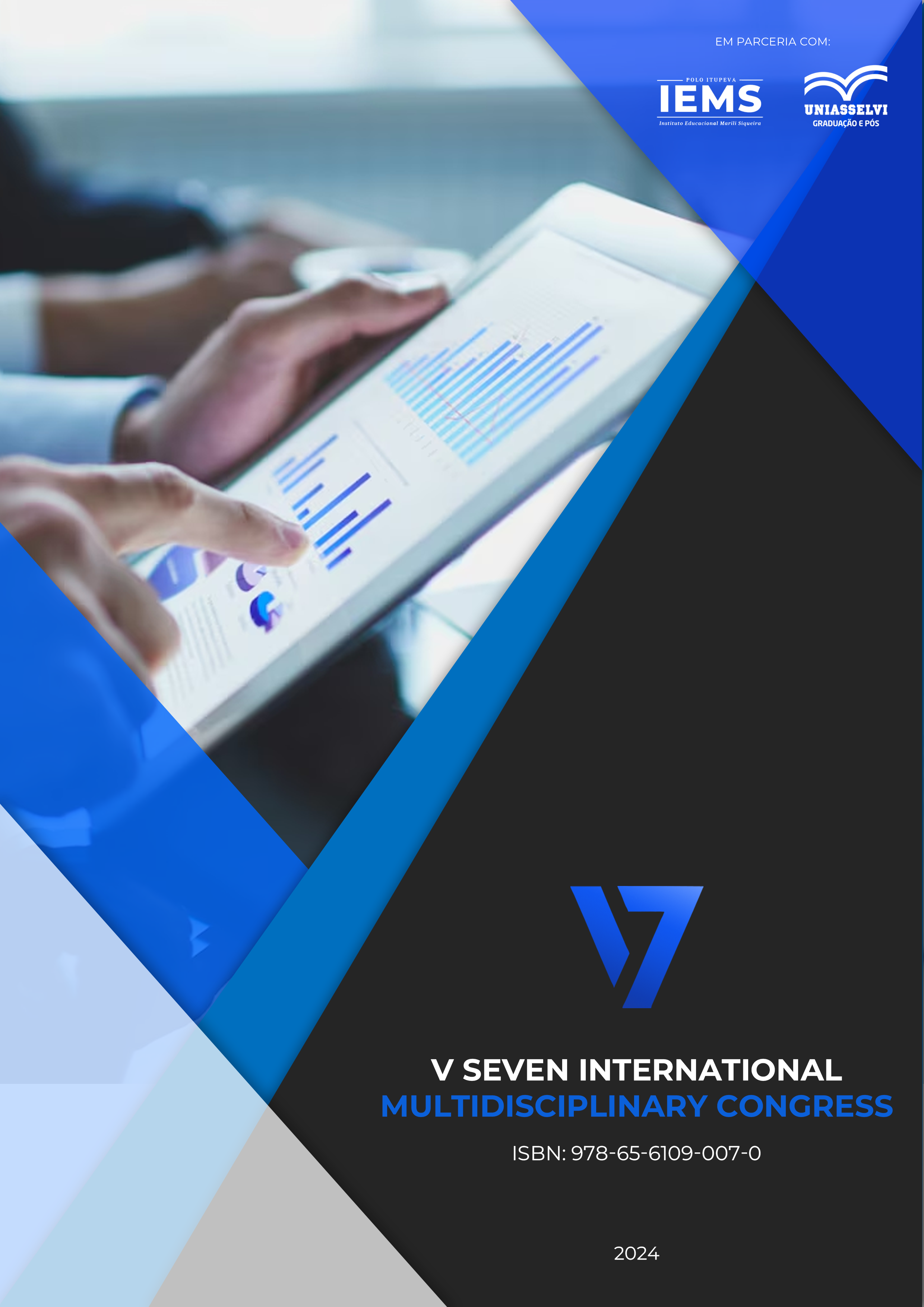Mathematics and the Portuguese language: A proposal for reading and interpreting mathematical problems
Keywords:
Mathematics, Portuguese Language, Logical reasoning.Abstract
It is known that there is a significant number of students who have difficulties in solving mathematical problems. This can be explained by many factors, but what is often seen is that the biggest challenge is in reading and interpreting the proposed situation. Based on this, a mini course was designed and implemented that, uniting the disciplines of Mathematics and Portuguese Language, was dedicated to working with reading and comprehension of mathematical texts, mainly in issues involving logical reasoning, in order to develop reading and text interpretation skills that help in problem solving. Questions involving logical reasoning are not always part of the curriculum of mathematics or Portuguese language disciplines, however, they are broad questions that enable debates and analyses under various aspects, work with specific reading and interpretation skills, and can also be related to the student's reality. In mathematics, activities that present texts involve the relationship between the two languages: words and mathematical symbols, and nowadays it is common to find contextualized questions, with longer statements that require attention, concentration and the development of problem-solving skills. For this reason, the proposal that integrates the two areas has assumed an important role in the training of high school students. The mini course was offered in the after-hours of the students' regular classes, with 20 vacancies available, in two meetings in which challenge questions, texts and discussions, riddles and, at the end, the application of a questionnaire for evaluation were addressed. When working with the methodology of problem solving through texts and logical reasoning questions, it was noticed that the students developed some reading and interpretation skills, which facilitated the resolution of mathematical problems.


